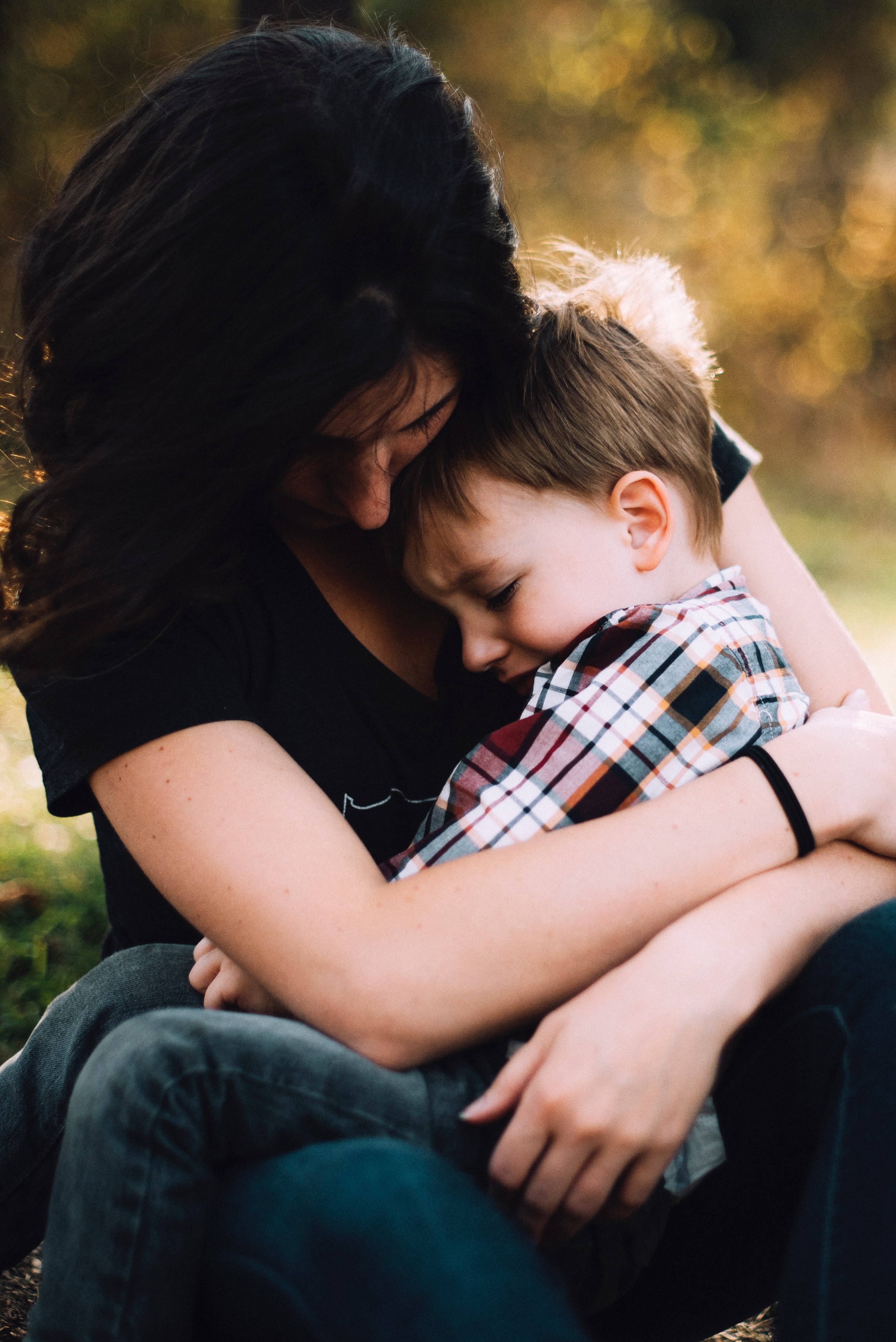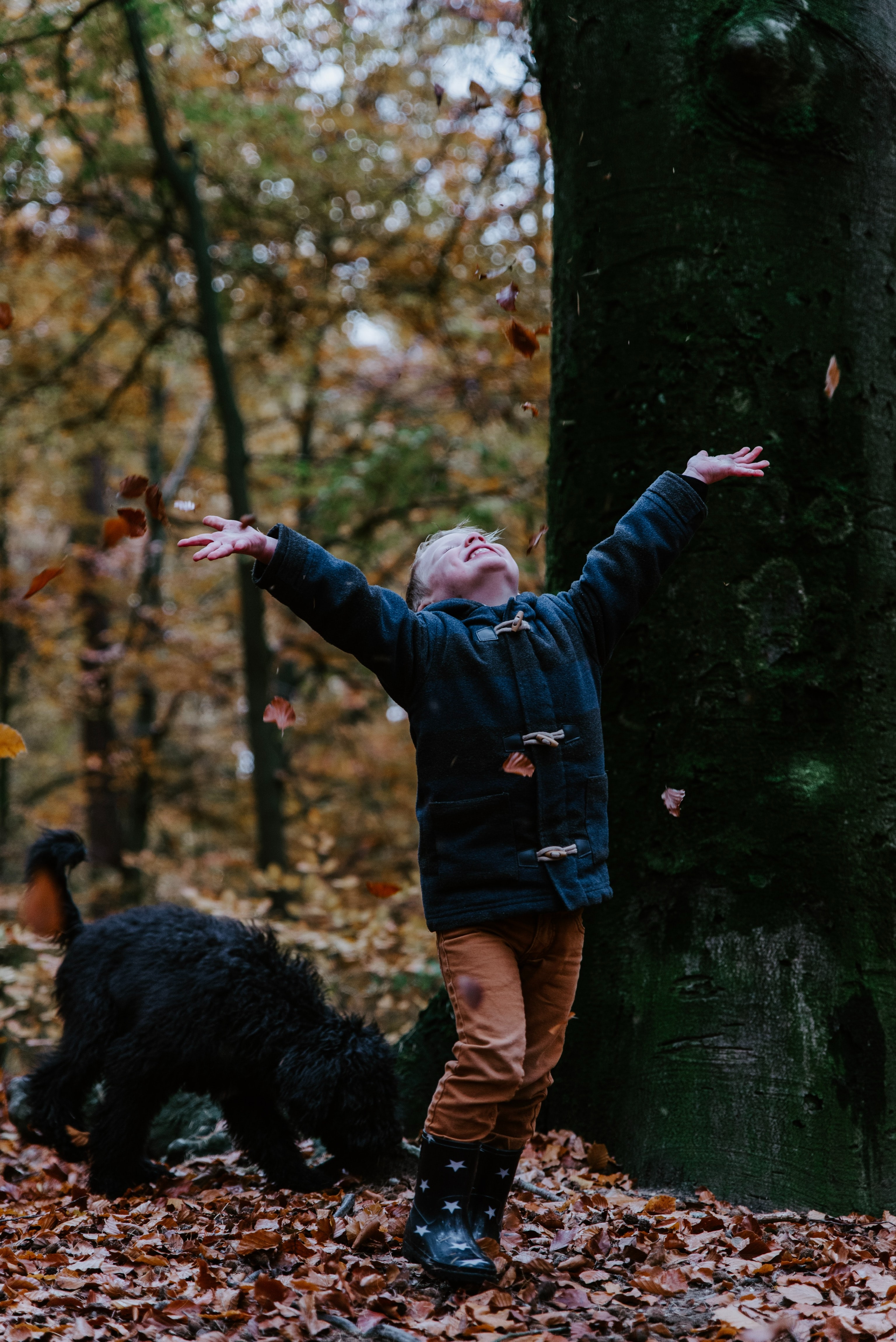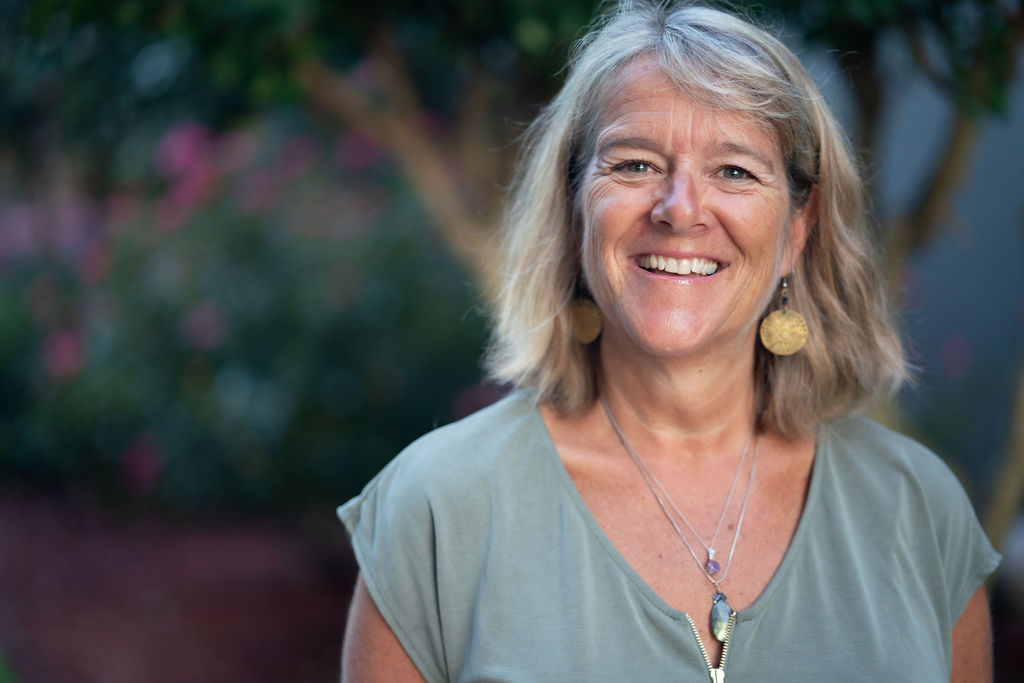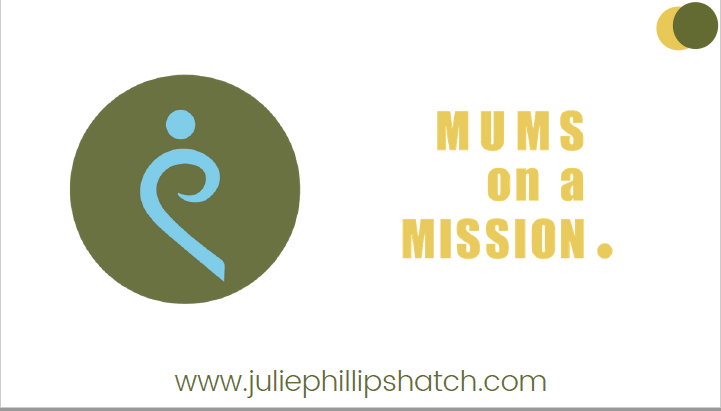Resistance or Resilience
 The current worldwide, major event of the Covid-19 pandemic, accompanied by a tanking economy, high unemployment, closures of schools, and the overall unease and uncertainty, has sent many if not all of us into a state of stress and anxiety to some degree. Many people’s mental health is on the brink of breaking. In Washington state, the number of phone calls and texts to the Disaster Distress Helpline, a mental health resource, has spiked incredibly. They have received more calls in the month of March alone than they did in all of 2018 and 2019 combined.
The current worldwide, major event of the Covid-19 pandemic, accompanied by a tanking economy, high unemployment, closures of schools, and the overall unease and uncertainty, has sent many if not all of us into a state of stress and anxiety to some degree. Many people’s mental health is on the brink of breaking. In Washington state, the number of phone calls and texts to the Disaster Distress Helpline, a mental health resource, has spiked incredibly. They have received more calls in the month of March alone than they did in all of 2018 and 2019 combined.
Since we really don’t have the option of resisting it – because it is here and it is real, we must ask ourselves how can we be resilient? How do we get through this time?
For those who are parents, how are your kids doing? Since our kids are experiencing the effects in their own ways, and will likely see another event of similar magnitude in their lifetimes, how do we help our children grow up to be resilient?
 Our children learn from us. The way we respond to a stressful event is how they will learn to respond. If we collapse into a puddle of tears of stress and anxiety, showing great fear of the world around us, then that is what they will learn as the way to respond to adversity. However, if we can find our own resilience, our kids can learn from us.
Our children learn from us. The way we respond to a stressful event is how they will learn to respond. If we collapse into a puddle of tears of stress and anxiety, showing great fear of the world around us, then that is what they will learn as the way to respond to adversity. However, if we can find our own resilience, our kids can learn from us.
There is a different way to consider facing adversity, or challenging times. As adults, we have learned to label every aspect of our lives as good or bad. Our tendency to judge, or have an opinion, shapes our perspective on everything. It means we categorize much of life as either good or bad. The thing is, the burden of judgment is a great waste of time, energy, and brainpower, and seldom benefits us in any practical way. Our morning cup of coffee has too much sugar and it tastes bad; then we hit all red lights while running late to work, which puts us in a bad mood. On the way home from work we get a flat tire, which we perceive as a pain in the ass, and therefore, bad. Overall, we had a terrible day. These are small judgments but still, take up our energy in getting caught up in the bad events. When we get caught up in the judgment of something being bad, we succumb to unnecessary stress and anxiety, rather than finding our resilience in handling a situation.
I just learned that my 97- year- old mother-in-law tested positive for Coronavirus. That certainly isn’t good, but I am not letting myself get carried away with the negative judgment associated with the diagnosis.
 Years ago, when I had taken my certification exam to become a pediatric nurse practitioner, after 2 years of graduate school and 3 months of studying – I failed the exam. I was devastated, not only because I had never failed anything of significance ever in my life, but also because it meant I lost my job. I had no income, no way to pay next month’s rent. My job was contingent on passing the exam. I had no job prospects without my nurse practitioner certification.
Years ago, when I had taken my certification exam to become a pediatric nurse practitioner, after 2 years of graduate school and 3 months of studying – I failed the exam. I was devastated, not only because I had never failed anything of significance ever in my life, but also because it meant I lost my job. I had no income, no way to pay next month’s rent. My job was contingent on passing the exam. I had no job prospects without my nurse practitioner certification.
What did I do? After my initial state of shock and then worry, I joined my boyfriend at the time, who was a captain of a 50-foot sailing yacht. And we sailed down the Eastern seaboard to the Bahamas where we spent 3 months living on board this beautiful yacht. It was an incredible experience! Not a bad outcome to what had previously considered being a bad event.
Another consideration is that everything is transient. What is bad one day, may be good the next day. This Buddhist story explains what I mean:
“A farmer had 5 workhorses. He depended on them for his livelihood. One night during a storm, his barn door flew open and they all ran away. His neighbors exclaimed, “Oh you poor man, how terrible your horses ran away, now you have no way to work your farm and earn a living!” The man replied “We shall see.” Two nights later, the horses returned with an additional 5 wild horses, bringing his stable up to 10 workhorses. “Oh, you lucky man! Now you have twice the number of horses and can work twice as quickly and efficiently!” “We shall see” replied the man. Several days later, the man’s son was working on breaking in one of the wild horses, fell off and broke both ankles – and became cripple. “Oh no, now you don’t have your son to help you with the farm – that is terrible for you!” “We shall see.” A week later the government came around gathering up all the young men in the area in preparation for a war. They passed by the farmer’s son because he was cripple. “Oh, you are so lucky your son didn’t get taken away to war” …. and so on, and so on.
The man did not settle on each event as a good thing or a bad thing. He understood that circumstances change, life changes, and it is not worth getting caught up in the ups or the downs, because they will all pass.
This is called equanimity – a very challenging state to hold. It means not getting caught up in the emotion of the moment. It does not mean that you don’t feel the emotion, it means that you don’t let the emotion run your life. Good things happen and we feel elated. Bad things happen and we feel depressed. Life is made up of the roller coaster of events and emotions. Being grounded and not riding the emotional rollercoaster is part of being resilient.
 What about our kids? They face adversity as well. Whether it is a young child having their favorite stuffed animal thrown out the car window by an older sibling, or an eight-year-old having her best friend move away to another state, or a thirteen-year-old getting suspended from school, or any child living through their parents’ divorce – kids have their challenges and adversities.
What about our kids? They face adversity as well. Whether it is a young child having their favorite stuffed animal thrown out the car window by an older sibling, or an eight-year-old having her best friend move away to another state, or a thirteen-year-old getting suspended from school, or any child living through their parents’ divorce – kids have their challenges and adversities.
As parents, how do we help them to bounce back from the tough times in life? Confidence is an important component of resilience. Confidence comes from a feeling of inner strength and self- worth. Every child is born with an inner essence which is their true nature. This true nature is their greatest source of strength in a child. Confidence is not a false sense of bravado which comes from empty accolades and false enthusiasm for everything they do. It comes from a parent knowing their child’s inner essence and inner strengths, nourishing that essence, and building their child’s confidence based on their inner strengths.
When my kids were young, every kid on the baseball team won a trophy at the end of the year, no matter how they played or how the team did. Just for being there, they won a trophy. That devalues the trophy. It was not a true sense of accomplishment when everybody received the same trophy. That does not build true confidence.
A child’s true nature is something they are born with and is undeniably the real them, at the core. This inner essence is what is seen in their unique personality, their temperament, how they interact with the world around them. It also is where you will find your child’s greatest motivators and strengths as well as their challenges or stressors.
Take the example of the thirteen-year-old getting suspended from school. This was my son.  His inner nature includes a strong sense of justice, he knows right from wrong, innately. In eighth grade, he hacked into the school computer system just to see if he could. He did not change any grades or alter any records once he was in. But he got caught and suspended for a day. He felt terrible because he really did not mean to do any harm, yet here he was getting punished. He was able to get through this experience by drawing on his sense of justice. He wrote apology letters to all the appropriate people at school. He explained himself, defended his harmless intentions, and used the day of suspension to get unfinished school work done, and then to relax. At the end of the whole episode he felt good. He’d been able to do what he needed to, according to his inner strengths, and come out the other side of this episode with resilience.
His inner nature includes a strong sense of justice, he knows right from wrong, innately. In eighth grade, he hacked into the school computer system just to see if he could. He did not change any grades or alter any records once he was in. But he got caught and suspended for a day. He felt terrible because he really did not mean to do any harm, yet here he was getting punished. He was able to get through this experience by drawing on his sense of justice. He wrote apology letters to all the appropriate people at school. He explained himself, defended his harmless intentions, and used the day of suspension to get unfinished school work done, and then to relax. At the end of the whole episode he felt good. He’d been able to do what he needed to, according to his inner strengths, and come out the other side of this episode with resilience.
When we build up our child’s true nature, nourish their inner essence, then they have that inner sense of strength from which to draw in challenging times. It is a tremendous source of confidence and resilience.
A feeling of self-worth in a child also builds resilience. When a child feels worthy, he feels confident. The environment of home builds self-worth. Showing our child unconditional love helps them to feel truly worthy. Unconditional love is the love that we have for them, no matter what. While we may know that we love our children unconditionally, do we let them know it and feel it? Criticism, humiliation, or demeaning a child are killers of self-worth. Even strict punishment affects a child’s feeling of worthiness. Self-worth comes from a child feeling that they are just right, just the way they are. Trying to change or force a child to be something or someone we want them to be, undermines self-worth. When we can understand and show our appreciation and love for our child’s inner nature, that is the real them, we build their feelings of worthiness.
Building resilience in a child starts in the young years. They don’t wake up one day with an automatic feeling of “I got this!” or “Bring it on - I can handle anything!” They need to grow up with feeling good about themselves, confident in who they are, and that they are loved unconditionally. With those pieces in place, any child can grow up to be resilient and unshakable when it comes to facing adversity.
To learn more about your child’s true nature, take the kids personality quiz at:
https://www.juliephillipshatch.com/services-for-children
 About Julie
About Julie
I have worked as a pediatric nurse practitioner for 30 years and I have raised three awesome boys.
I started this coaching business called Mums on a Mission: Consciously Connecting with our Kids because I saw a big need for helping parents to understand and handle their kids’ behaviors. Parents are stressed, frustrated, and feeling like things are getting out of control. All the yelling, the time outs punishments, and even the bribery aren’t working anymore and they don’t know what to do next.
 I understand because I’ve been there. I know what it’s like to raise a child with ADD. I know what it’s like to be a working mother. I’ve gotten the calls from school telling me I need to come in for a meeting because ‘there’s a problem.’ I’ve raised three kids through a divorce. And none of it is easy! Parenting is not easy. But it doesn’t have to be a struggle.
I understand because I’ve been there. I know what it’s like to raise a child with ADD. I know what it’s like to be a working mother. I’ve gotten the calls from school telling me I need to come in for a meeting because ‘there’s a problem.’ I’ve raised three kids through a divorce. And none of it is easy! Parenting is not easy. But it doesn’t have to be a struggle.
I know that there is a more holistic, kid-friendly way of going about addressing their behavior. I show Moms how to find calm and confidence in their life as a Mom, and to feel things getting back under control.
I would love to hear your story. Contact me for a 20-minute talk about what you’re struggling with and how we can get you to a place of feeling less stress, where you are yelling less, smiling more, and feel like life is getting a whole lot easier.






